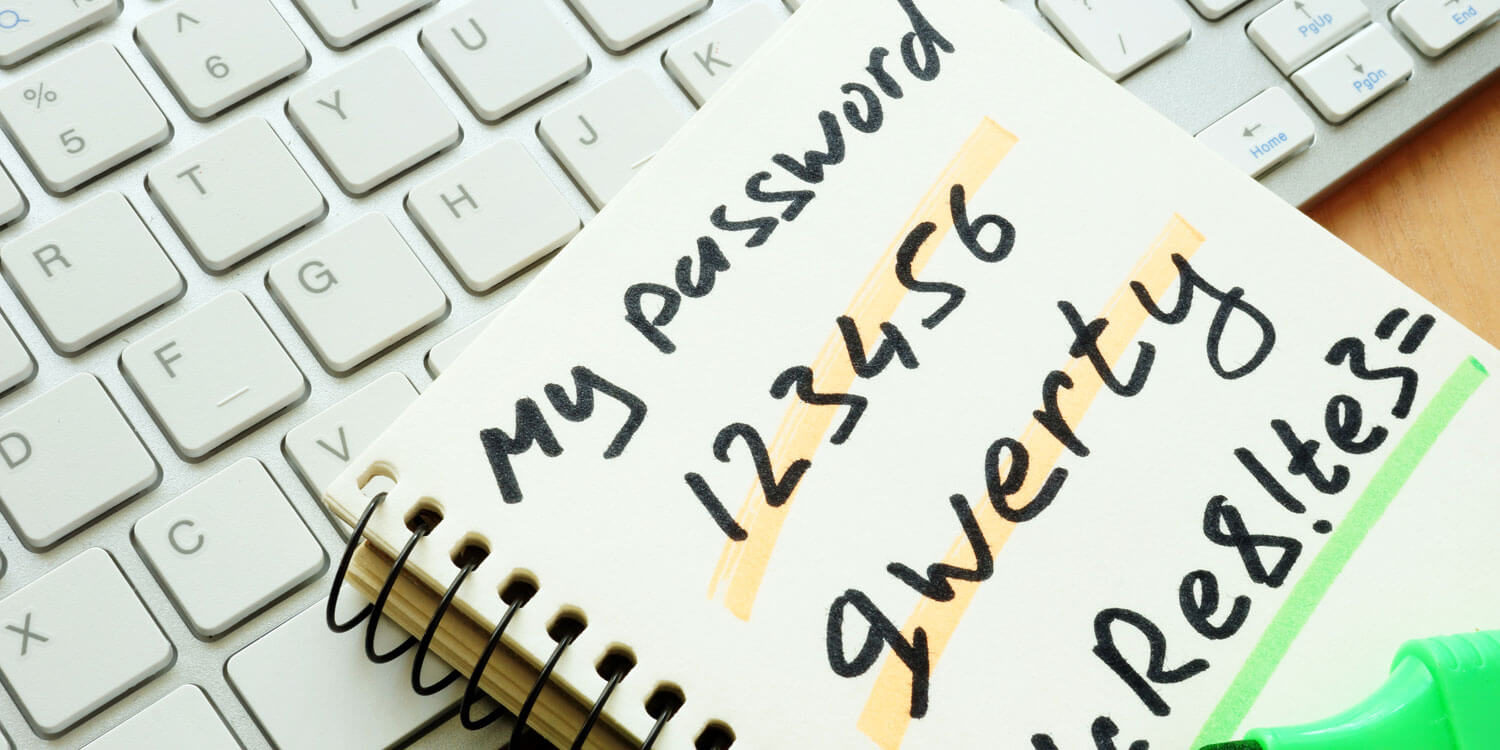On Friday, 1 February, it was the “Change your password” day in Germany. The day on which we should all feel challenged to pay attention to the security of a password. Actually a good, important topic. And that’s why there will be a “Change your password” day again on February 1, 2020.
By the way, this day of action has been in existence since February 1, 2012. Started as an American National Change Your Password Day, created at that time by the American web portal GIZMODO.
That’s what’s behind the “Change Your Password” day.
What is behind sounds logical – and actually we all know it: A password is generally used to authenticate a user and should only be known to the user himself. The purpose of the Change Your Password Day is to make the meaning of secure passwords clear and to make it clear to every Internet user once again that existing passwords must be changed into secure passwords.
If you’re not quite sure how to do that: We also have an article on “How to create a secure password” on our homepage and with the Identity Inspectora software that checks e-mail addresses for data leaks. No question: Basically it always makes sense to check your own access data critically.
A day of strong passwords would be more important
Unfortunately, the worldwide “change your password day” leaves some aspects completely behind. It should be a “day of better passwords” or a “day of strong passwords”. Changing all passwords once a year is pointless if you change “test123” to “test1234”.
In addition, all well-intentioned advice and hints only concern the user himself. The “change your password tag” was only introduced because companies like Dropbox, AOL or Adobe have been too negligent with user data in the past. These companies should all check whether the stored data is all needed! Hello Facebook!
In addition, a “delete your data day” would also make sense. How many accounts have been created in the last two decades that nobody uses anymore? Lots! These accounts have often been floundering on almost unprotected servers for years and now represent a real security risk. Why? The answer is quite clear: Even today, users still use the same passwords for their accounts as they did in the old days. Once a password has been cracked on an unprotected server, hackers often find it frighteningly easy to assign other accounts to this user. And whoops! Now also the remaining accounts are hacked…

